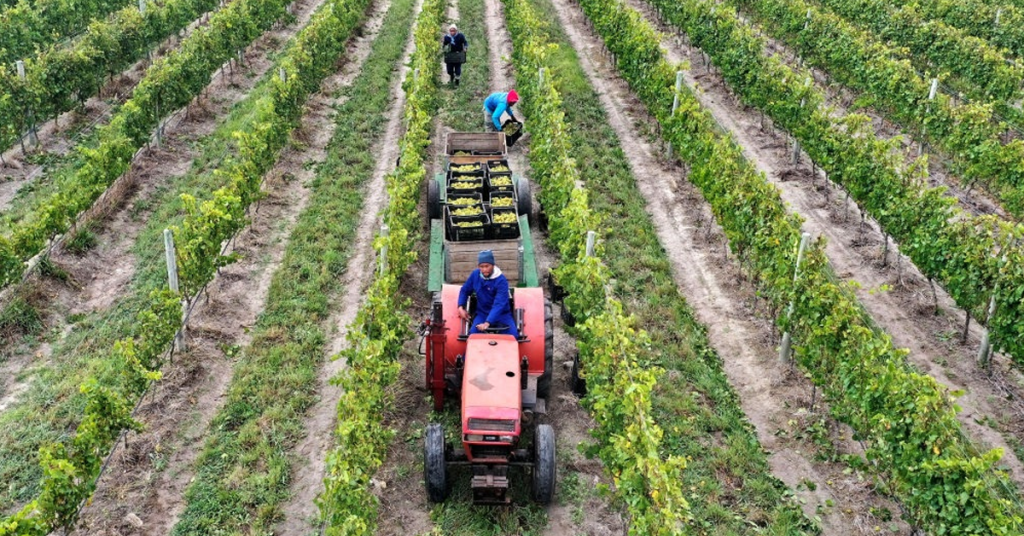The African Continental Free Trade Area (AfCFTA) agreement, which came into effect in May 2019, was envisioned as a catalyst for unlocking Africa’s agricultural potential and boosting economic growth and food security on the continent. However, various global crises, from the Ukraine conflict to the lingering impacts of the COVID-19 pandemic and the increasing challenges of climate change, have presented significant setbacks for food security and economic prosperity in Africa.
A recent report published by AKADEMIYA2063 and the International Food Policy Research Institute (IFPRI) analyzes the trends in agricultural trade and policies in Africa, with a specific focus on the East African Community (EAC), the cotton value chain, and the impact of the Russia-Ukraine conflict on African countries.
Key Findings and Challenges
- Growth in Intra-African Agricultural Trade: The report acknowledges a significant increase in intra-African agricultural trade since the early 2000s. However, it also notes that this trade still represents a relatively small portion of Africa’s overall agricultural trade. Although there has been an absolute increase, Africa’s share of the global demand remains static, which should be the ultimate goal for the success of AfCFTA.
- Limited Impact of Regional Trade Agreements (RTAs): Most of Africa’s regional trade agreements focus on tariff reductions alone and have had limited success in stimulating the agrifood market. The AfCFTA, for instance, has binding commitments to reduce tariffs on specific goods but currently excludes many agricultural products from these reductions. This omission is hampering the AfCFTA’s efforts to promote continental agricultural trade and food security.
- The Role of Non-Tariff Measures (NTMs): The report suggests that African governments should expand agricultural trade by incorporating actionable provisions, especially non-tariff measures (NTMs), which have the potential to enhance intra-African trade in agriculture and facilitate the creation of regional value chains. By including provisions on rules of origin, sanitary and phytosanitary measures (SPS), and well-designed NTMs in the AfCFTA, agricultural exports within the continent could increase by up to 26%, boosting market confidence and demand.
- Climate Change Impact: Rising temperatures in Africa, much faster than the global average, pose a significant challenge to agricultural trade on the continent. The report highlights that agriculture trade policies can play a crucial role in addressing climate change through the inclusion of environmental provisions in RTAs. While many African RTAs do include environmental provisions, they are often not legally enforceable. African governments should prioritize the enforceability of such provisions to link agricultural trade with climate and environmental goals.
The Path Forward
The adoption of the AfCFTA was a milestone for Africa, and to fully realize its potential, the focus should shift towards tangible enforceability, rapid implementation, and heightened ambition. Incorporating sophisticated non-tariff measures and environmental provisions will help deepen agricultural trade, future-proof food security, and ensure that Africa can sustainably feed itself amid global uncertainties.
These measures will reduce the continent’s vulnerability to major supply shocks, increase production locally, and diversify imports. By fostering deeper agricultural trade, African countries can enhance their resilience and sustainability in the face of emerging global challenges.

